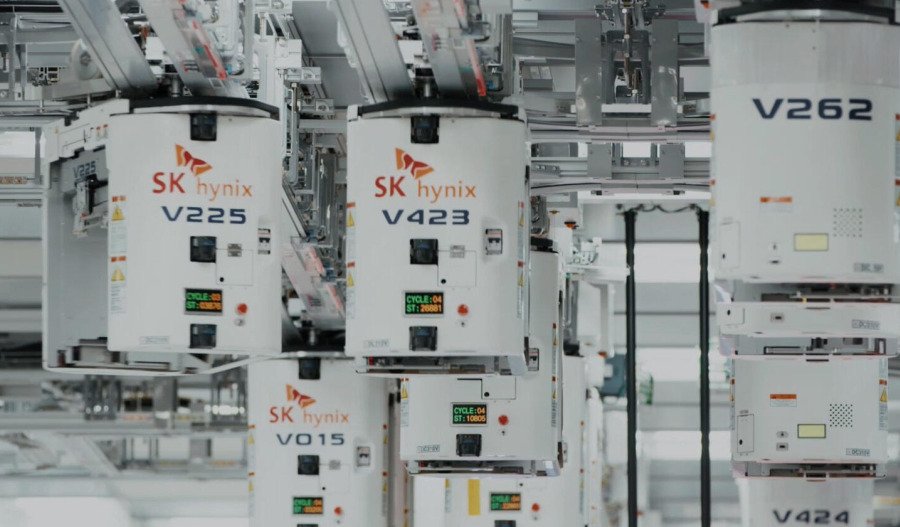Scott Farquhar, co-founder of Atlassian, told the National Press Club he believes Australia could become one of the world’s major data centre hubs, powered by renewable energy.
While his co-founder, Mike Canon Brookes, attempts to advance his Suncable project, which could generate a vast amount of solar energy in the Northern Territory and feed it back to Singapore via an underwater cable, Farquhar said there are different ways for Australia to export its green energy.
"We should power the region," he said in a speech to the National Press Club.
"We should export megawatts as megabytes for potentially megabucks. This could be a $10 billion-plus opportunity."
Ahead of the speech, Farquhar spoke to The Business and said he envisaged Australia becoming the data centre location of choice for South-East Asia, a region hungry for data.
"There are more users of ChatGPT in the combined Indonesia and Vietnam than there are in the United States," he told the program.
"This region is growing, it's dynamic in Asia, so there's going to be a lot of demand for data centres going forward."
He said Australia is uniquely situated to host the data centres necessary to store all this information.
"Abundant energy, clean energy, and the other one is a stable rule of law," he said.
"In this increasing world of geopolitics, our access to cutting-edge chips at the behest of the United States is an advantage for us."
While he said Australia was cost-competitive in building data centres, big AI companies were worried about tough copyright laws in Australia, so they could avoid using local data centres to train their AI models.
“We are in a perverse situation where copyright holders aren’t seeing any more money, but we also don’t see the economic upside of training and hosting models in Australia,” Farquhar said.
“I ask the government to urgently amend our copyright act to look at fair use and text data mining exceptions. Fixing this one thing could unlock billions of dollars of foreign investment into Australia.”
Farquhar also suggested jumping onto the AI boom by creating AI agents to take the paint out of property approvals.
You take months to compile hundreds of pages of documentation across all facets of what you’re building, submit it to council – in some cases by printing it out – and then wait. Sometimes weeks, sometimes months,” Farquhar said.
“The process seems opaque and arbitrary. You can’t start locking in builders or tradies as you’re unsure of your chance of success, and as we have seen over the past few years, as you wait the cost of everything goes up.”
He suggested that it was possible to train an AI agent on every application that has ever been filed so it could learn which kinds were successful and which were rejected, speeding up the process.
“We could dramatically increase the number of dwellings built, without changing a single law,” Farquhar said.
Related content



